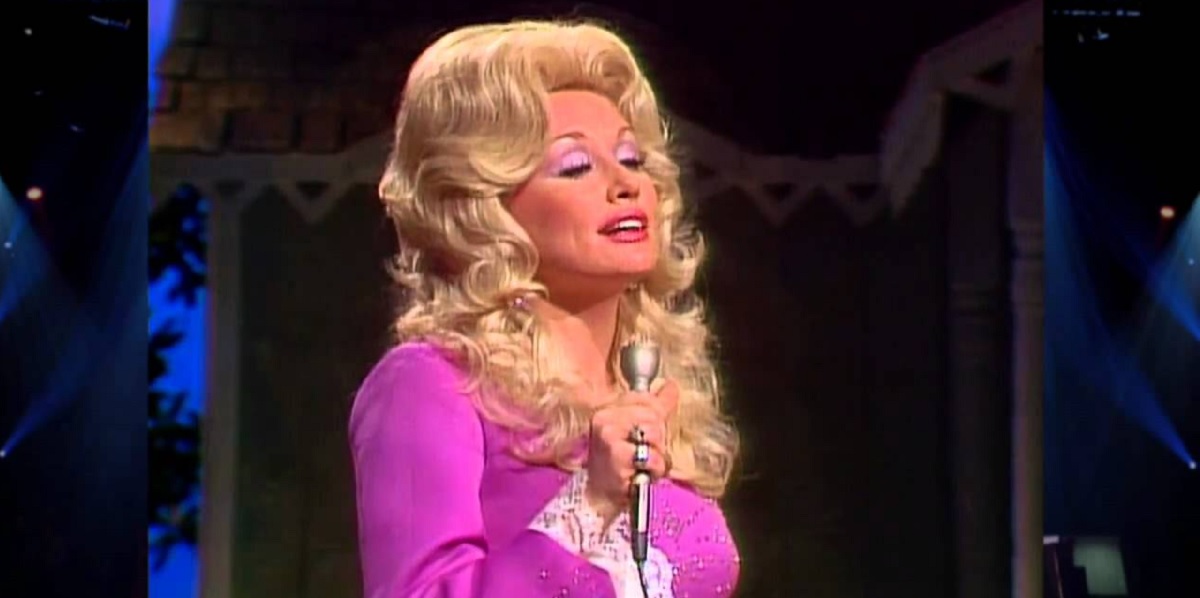Inside the walls of the Dolly Parton museum lies an overwhelming amount of history.

Anyone who’s ever seen older, sentimental artefacts that once belonged to legendary musicians will know that there’s more to it than the literal, physical existence of the item itself. It’s about the weight it’s accumulated through the years, a snapshot of a moment in time that often says more than words ever could.
It’s the same with many of Parton’s songs. As one of the most autobiographical country singers the world has ever seen, pieces of Parton’s heart and soul are recaptured in her songs, tracing the grooves of everything from growing up in Tennessee’s working-class neighbourhood to struggles with juggling family life and the always-on nature of a metirocratic system.

Though not a unique feature of country music, Parton’s approach has always felt uniquely intimate, like coming from impoverished backgrounds without many resources isn’t always a source of tragedy and suffering but a badge of honour and a reflection of virtuistic values. Parton has always remained proud of matters of family and loyalty, strengthened by all the ways her childhood gave her a better perspective of the world around her.
It may come as no surprise, therefore, that Parton’s favourite songs of hers are ones that are closer to her heart, ones that she feels protective of because they’re like entries straight out of a diary. It’s also the reason why she finds it hard to part with some of her own material when people request to cover them, even if such a person is Elvis Presley, who once came along requesting to put out a version of Parton’s beloved classic, ‘I Will Always Love You’.

But, as she explained time and time again, it was never as much about rejecting Presley as it was about “protecting my things”. The song is one of the most important she’s ever written, and Presley also wanted a cut of the song, which made her feel a slight unease at giving away something so personal – even if it was just a fraction. It’s similar to the reasons why she holds ‘Coat Of Many Colors’ close to her heart – because it’s like a piece of her heart, literally, tackling a piece of clothing her mother made when she was little.
A version exists at her Dollywood museum, but the real version became a tangible representation of love held through generations, starting with Parton and being passed through to several others before wear and tear took its toll. But the coat itself represented everything that made Parton and everything she still holds in adulthood.
As she explained to Mojo, “It tells about the people I grew up with, it speaks well of my family and particularly my mother. My spiritual values, too. I can always sing that sincerely from my heart.” No matter how much time passes, Parton can still sing it with the same witsful reverie, knowing that any performance is like coming back home, to who she is as a person and the place where she came from.
As she sings in the song: “My coat of many colors that my mama made for me / Made only from rags but I wore it so proudly / Although we had no money I was rich as I could be / In my coat of many colors my mama made for me.”





